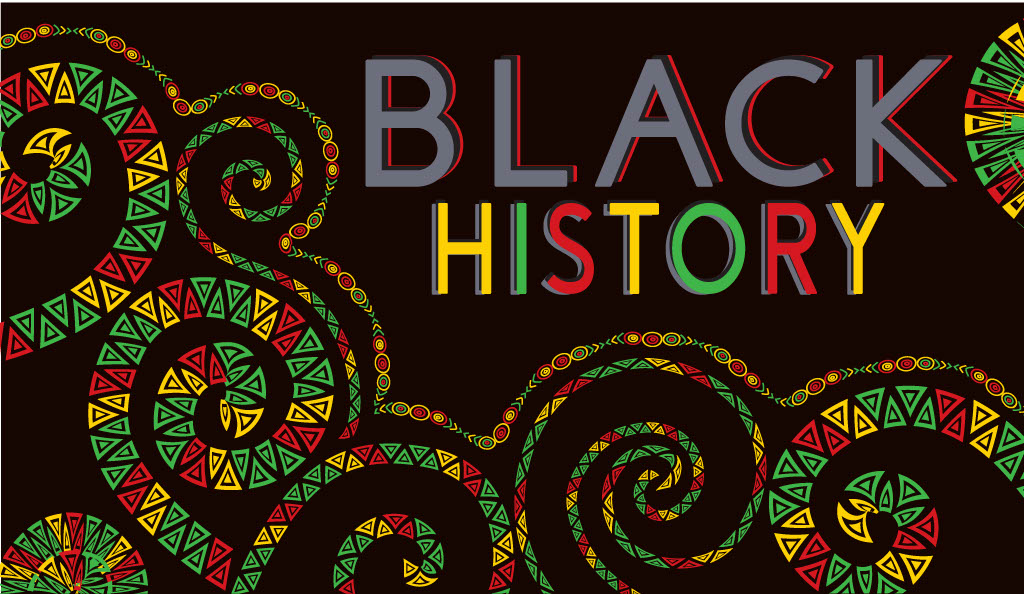(MyKeeneNow) A groundbreaking new website, BIPOCMonadnock.org, launched today on Juneteenth, offering an in-depth look at the diverse history of New Hampshire’s Monadnock Region from the 1730s to the 1930s.
Developed through a collaboration between the Historical Society of Cheshire County in Keene and the Monadnock Center for History and Culture in Peterborough, the project represents five years of dedicated research, according to a news release. The initiative began as a citizen archivist project aimed at uncovering and documenting the stories of Black, Indigenous, and People of Color (BIPOC) in southwest New Hampshire.
“What started as an effort to recover Black history in the Monadnock Region has now culminated in a resource accessible to the public just in time for Juneteenth 2024,” said Jennifer Carroll, co-director of the project.
The Historical Society and Monadnock Center, both nonprofit educational organizations, have used a mix of primary and secondary sources to compile this extensive history. Their archives, filled with documents, photographs, and artifacts, have supported numerous talks, workshops, walking tours, exhibits, school resources, and publications. However, there remained significant gaps in the region’s historical narrative—gaps this project aims to fill.
The Recovering Black History in the Monadnock Region project was launched to address these absences. More than 50 community volunteers, known as “citizen archivists,” played a crucial role, combing through local, state, regional, and national repositories to uncover and interpret sources related to Africans, African-Americans, and other persons of color who lived in the Monadnock region between 1730 and 1930.
The new website features biographies of individuals and families of color, genealogical information, and bibliographic resources. “This research is meticulous and time-intensive,” explained Michelle Stahl, co-director of the project. “Our volunteer researchers have devoted hundreds of hours, and their dedication has been the backbone of this project. It’s incredible to see the depth of information they’ve uncovered, and we’re only scratching the surface.” The website’s creation was supported by the Putnam Foundation and C&S Wholesale Grocers.
Research for the project is ongoing. Specialized historical researchers continue to delve into primary sources housed in museums, town halls, and libraries across New England. “I’m thrilled about the future discoveries,” said Carroll. “Our current findings are already revealing fascinating patterns, and we anticipate that our continued research will significantly enhance our understanding of Black history in rural New England.”
Looking ahead, Carroll and Stahl are eager to connect with other institutions and individuals working on similar projects across New England. “Museums and historical societies are actively recovering BIPOC history in their communities,” Stahl noted. “The BIPOC Monadnock website not only shares our current knowledge but also aims to create connections with others engaged in this important work. This project is just the beginning.




